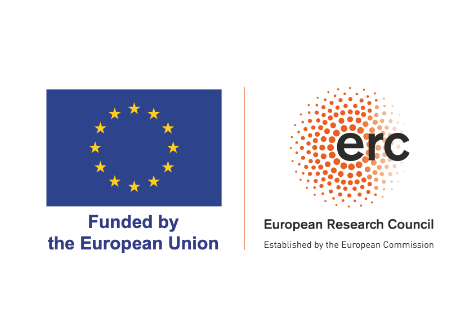PhD Student - Gaseous detectors for neutrino Physics (Closed)
francesc.monrabal@dipc.org
We are currently accepting applications for the above mentioned position. This is a unique opportunity for highly motivated students recently graduated from the University in Physics or related fields to gain research experience in one of DIPC’s high-profile research teams.
The role
The observation of the neutrino-nucleus coherent process on the last years have opened a new window to observe and understand neutrinos and their interactions.
At the DIPC we are building a series of detectors aiming to detect this neutrino process on different sources. In particular, the GanESS project is designing a new gaseous detector to be installed in neutron spallation sources that will be sensitive to such process. The GanESS detector, that can operate with different noble gases such as xenon or argon, could produce the first measurement not limited by statistics of this process for these nuclei.
The student will have the opportunity to travel internationally to visit partner institutions and present their work at international conferences in the field.
Desired background & competences
- The candidate should hold a Master’s Degree in Physics.
- A good level of written and spoken English is also required.
- Programming skills are a preferred qualification.
Working conditions
- Contract duration: 1 year (possibility to extend up to 4 years)
- Estimated annual gross salary: Salary is commensurate with qualifications and consistent with our pay scales
- Target start date: 2024/10/30
We provide a highly stimulating research environment, and unique professional career development opportunities.
We offer and promote a diverse and inclusive environment and welcomes applicants regardless of age, disability, gender, nationality, ethnicity, religion, sexual orientation or gender identity.
The center
About the team
The neutrino group at the DIPC counts with four IPs, two full professors, one associate professor and one tenure-track. The group participates in different international collaborations such as NEXT or Hyper-Kamiokande.
How to apply
Interested candidates should submit an updated CV and a brief statement of interest to the following application email below.
Reference letters are welcome but not indispensable.
The reference of the specific opening to which the candidate is applying should be stated in the subject line, and the application must be received before the application deadline.
Although candidates are welcome to contact the project supervisors to know further details about the proposed research activity, please be aware that the application will be evaluated only if it is submitted directly to the email address listed below as application email.
- Reference: 2024/31
- Application deadline: 2024/10/05
- Application email: jobs.research@dipc.org
Selection process
Applications received by the deadline will be evaluated by a Committee designed by the DIPC board on the basis of the following criteria:
- CV of the candidate (60%)
- Adequacy of the candidate’s scientific background to the project (20%)
- Reference letters (10%)
- Other: Diversity in gender, race, nationality, etc. (10%)
Evaluation results will be communicated to the candidates soon after. Positions will only be filled if qualified candidates are found.
The DIPC may revoke its decision if the candidate fails to join by the appointed time, in which case the position will be awarded to the candidate with the next highest score, provided it is above 50 (out of 100).
However, the selected candidate may keep the position if, in the opinion of the Selection Committee, the candidate duly justifies the reasons why he or she cannot join before the specified deadline, and as long as the project allows it.
This contract is part of the GanESS project that has received funding from the European Research Council (ERC) under Grant agreement No. 101039048, ERC-2021-Starting Grant, Horizon Europe

*Funding available to cover 4 years of contract.
